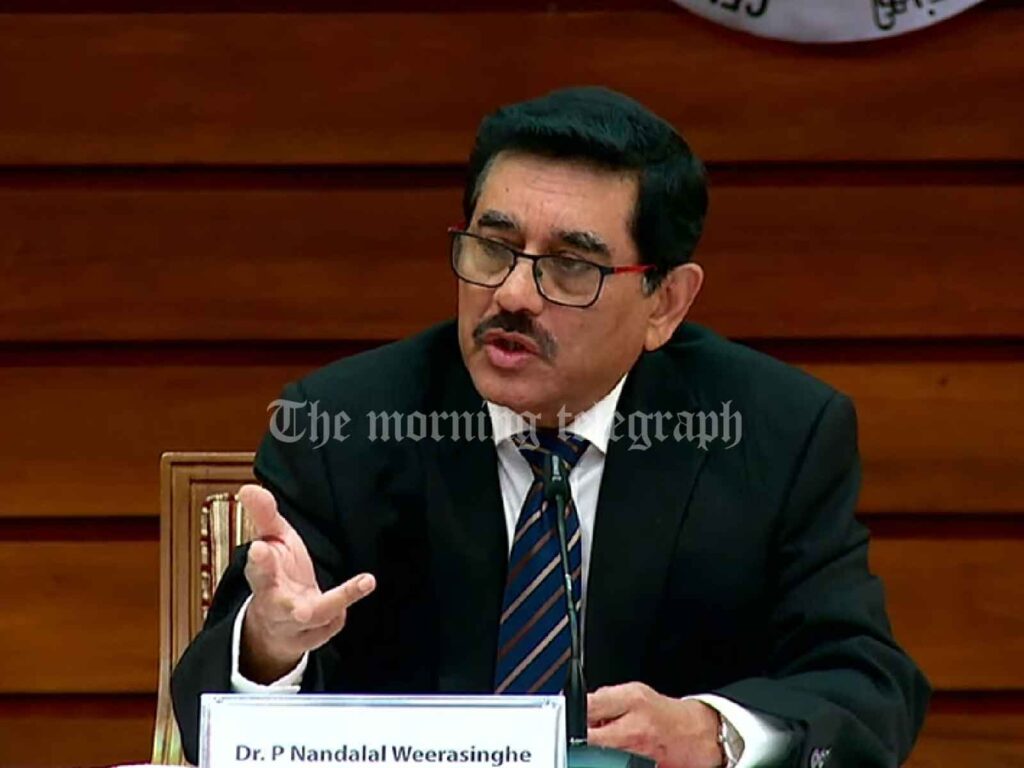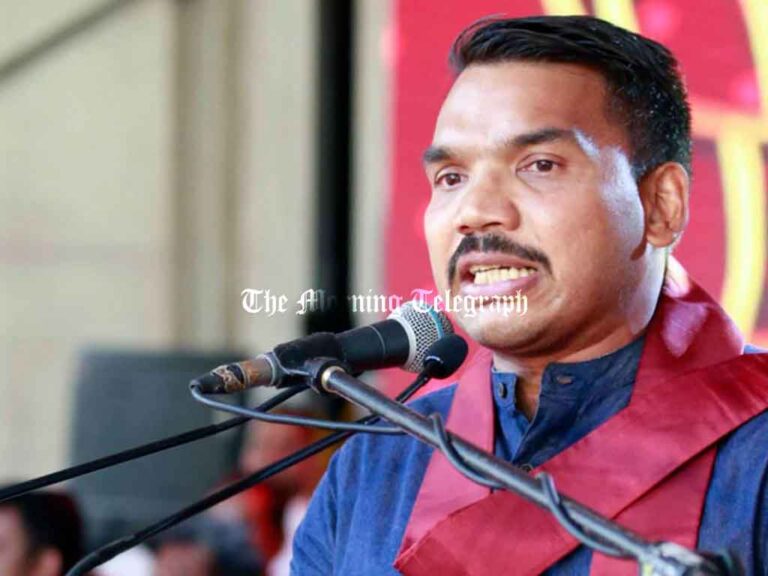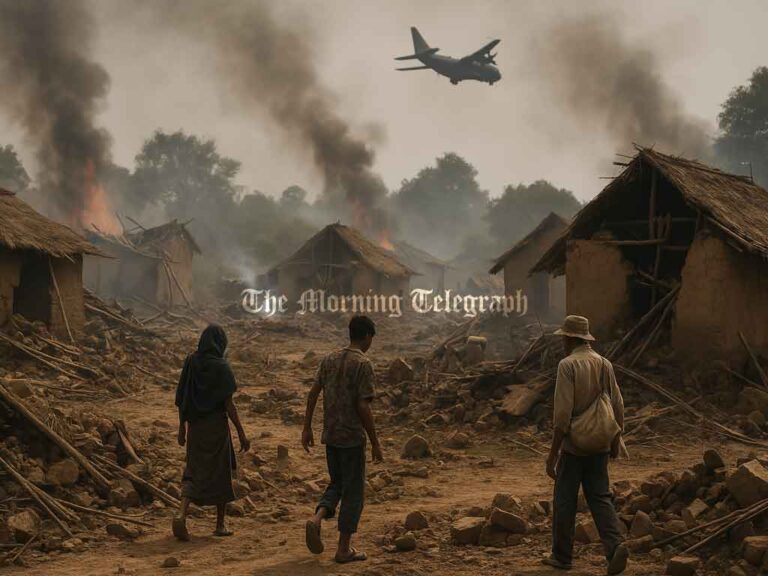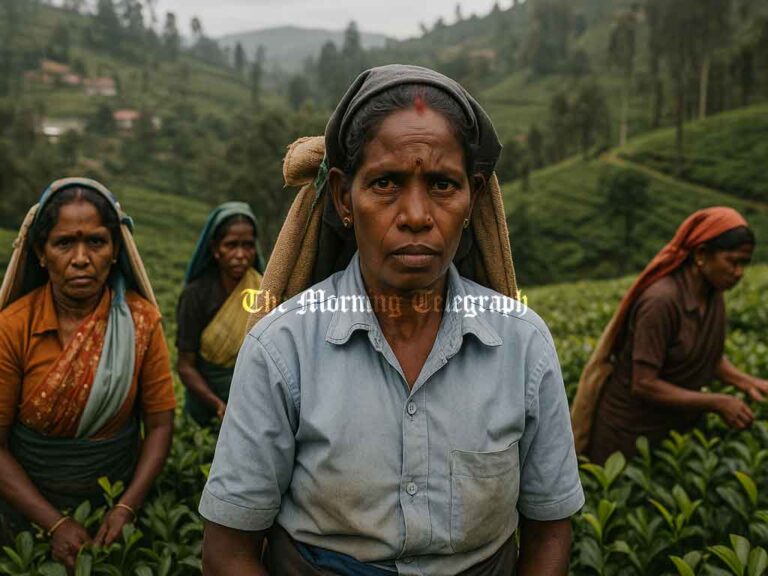
Sri Lanka is working diligently to complete its debt restructuring process by the end of December, with hopes to emerge from its current default status shortly thereafter, as stated by Central Bank Governor Nandalal Weerasinghe in an interview with Economynext this week.
“We are in the process of finalizing the necessary documentation, due diligence, and other formalities required to complete the debt exchange and secure investor participation,” Weerasinghe explained. He estimated that this could take approximately 2-3 weeks, emphasizing the urgency to finish before year-end.
Progress on Debt Restructuring
Supported by the International Monetary Fund (IMF) and international advisors, Sri Lanka has reached a debt restructuring agreement with its official creditors and secured an in-principle deal with private creditors. The arrangement with bondholders includes macro-linked bonds, which are contingent upon the country’s economic growth trajectory.
Governor Weerasinghe also indicated that Sri Lanka is on track to finalize a debt deal with China Development Bank and negotiate with other official and private creditors holding less than $1 billion in debt by the end of 2023. He expressed optimism that once the restructuring is finalized, the country’s default rating would be upgraded.
“We met with all the ratings agencies here in Washington, and they mentioned they would follow normal procedures. Once we start repaying our obligations, we will move out of the selective default or restrictive default category,” he stated. “The immediate action would be to remove Sri Lanka from the default category, potentially starting with a CCC rating depending on our outlook.”
Delay in IMF Review Completion
Despite the positive outlook on debt restructuring, Weerasinghe acknowledged delays in the completion of the third review of Sri Lanka’s IMF loan agreement. Originally set to conclude in December, the review’s timeline has been pushed back due to the recent presidential election and the postponed submission of next year’s budget to Parliament.
“The government has expressed a commitment to complete the third review and proceed with debt restructuring,” he noted. “However, due to the absence of a Parliament, this has complicated our timeline.”
With parliamentary elections scheduled for November 14, the establishment of a new government and cabinet will be necessary before moving forward with the IMF review process. Weerasinghe expects that a staff-level agreement could be reached by early December, but final approval from the IMF Executive Board will likely be delayed until after the new budget is presented in Parliament.
“There are prior actions we need to fulfill, such as submitting a budget for the upcoming year. This will happen in the first three months of the year, followed by a vote on account,” he explained. “The completion of the third review will, therefore, be delayed, but we are optimistic about our progress once a stable government is in place.”
As of now, Sri Lanka has received approximately $1 billion from the $3 billion IMF facility in three tranches, highlighting the urgency of finalizing the necessary agreements to stabilize the country’s economic situation.
Source :- ECONOMYNEXT




